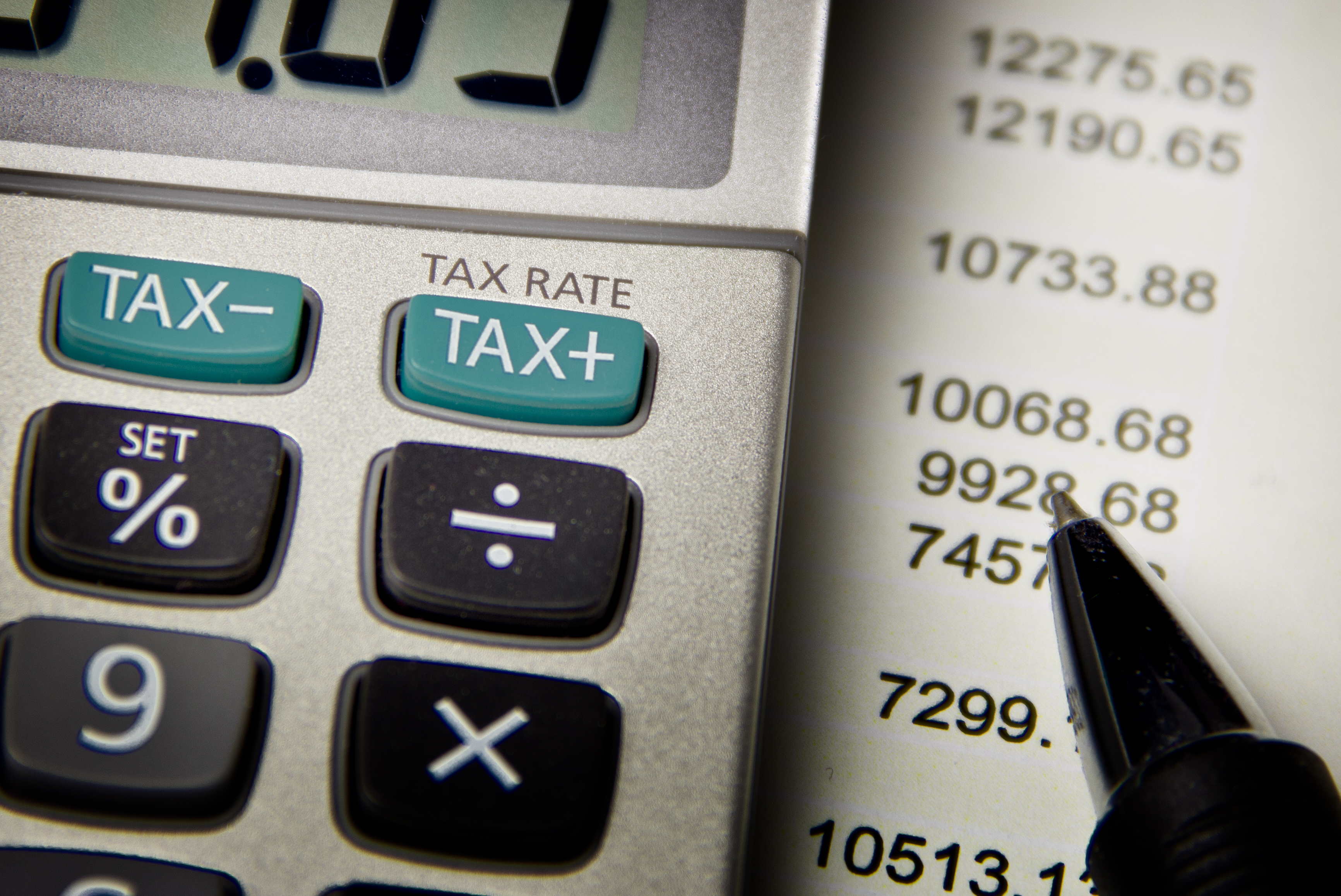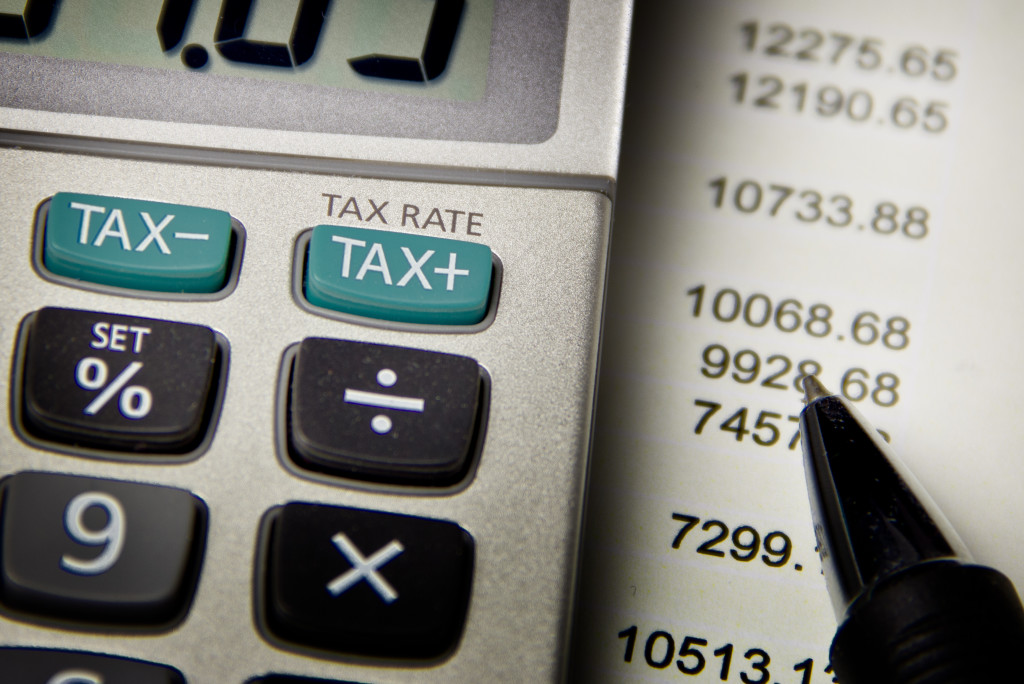This article is written by Aishwarya Dhakarey, a student of Symbiosis Law School, Pune.
The purpose of having a point of taxation is to determine the rate of tax, value of taxable service and due date of payment of service tax as envisaged under the principal statute i.e. the Finance Act, 1994. The piece intends at elaborating upon the disagreement between one of the provisions of the principal act and one of the rules of the PoTR, viz. S. 67 A of the Finance Act, 1994 & Rule 4 of the Point of Taxation Rules, 2011.
The amended charging section, S. 66B of the Finance Act, 1994 (for brevity, the Act) reads as, “There shall be levied a tax at the rate of 14 % on the value of all services, other than those services specified in the negative list.” The said bill received President’s assent on 14th May, 2015. The increased rate of 14 % is going to be effective from 1st June of this year.
As per Rule 2(e) of Point of Taxation Rules, 2011, Point of Taxation means the point in time when a service shall be deemed to have been provided. It is relevant to determine the due date of payment of tax.
Section 67A of the Finance Act, 1994 provides that-‘The rate of service tax, value of a taxable service and rate of exchange, if any, shall be the rate of service tax or value of a taxable service or rate of exchange, as the case may be, in force or as applicable at the time when the taxable service has been provided or agreed to be provided.’ The section stipulates that the applicable rate of service tax is the one prevailing at the time of completion of service or when the service is agreed to be provided.
Point of Taxation Rules, 2011
Point of Taxation Rules, 2011 were brought into effect from April 2011 to ascertain the point of taxation (POT) i.e. point of time when a service is deemed to have completed.
The intendment of the Rules is to appropriately define the taxable event (i.e. ‘Point of Taxation’) in a transaction relating to taxable service, so that the liability for payment of service tax can be found out with reference to such taxable event. Chiefly, the Point of Taxation Rules provide different points of taxation with reference to the taxable event of provision of service as discussed below –
(i) Point of Taxation as a general rule
(ii) Point of Taxation in case of specified services
(iii) Point of Taxation in case of specified class of persons
(iv) Point of Taxation in case of specified events
POT in case of change in the rate of service tax (Rule 4): The event of change in rate of service tax includes the event of change in rate or change in the value of taxable service due to some exemption (or rebate) or other notification issued by the Government.
Rule 4 of the POT Rules prescribes that in case of change in the effective rate of tax, POT shall be determined as under:
- When service is provided before the change of rate, and
– Both invoice issued and payment received after change of rate – POT would occur after change of rate at the earlier of the two dates of invoice and payment
– Invoice issued before change of rate and payment received after change of rate – POT would be before change of rate, i.e. date of invoice
– Payment received before change of rate and invoice issued after change of rate – POT would be before change of rate, i.e. date of rect. of payment
- When service is provided after the change of rate, and
– Both invoice issued and payment received before change of rate – POT would occur before change of rate at the earlier of the two dates of invoice and payment
– Invoice issued after change of rate and payment received before change of rate – POT would be after change of rate, i.e. date of invoice
– Payment received after change of rate and invoice issued before change of rate – POT would be after change of rate, i.e. date of rect. of payment
Table illustrating the above Rule
- If service is provided before the date of change in rate.
| Date of provision of service | Date of Invoice | Date of receipt of payment |
Point of taxation and applicable rate. |
| May 2015 | 1st July 2015 | 1st August 2015 | 1st July 2015 – 14 % |
| May 2015 | 1st August 2015 | 1st July 2015 | 1st July 2015 – 14 % |
| May 2015 | 30th June 2015 | 15th July 2015 | 30th June 2015 – 12.35 % |
| May 2015 | 15th July 2015 | 30th June 2015 | 30th June 2015 – 12.35 % |
- If service is provided after the date of change in effective rate.
| Date of provision of service | Date of Invoice | Date of receipt of payment | Point of taxation and applicable rate. |
| July 2015 | 30th June 2015 | 1st August 2015 | 1st August 2015 – 14 % |
| July 2015 | 1st May 2015 | 30th June 2015 | 1st May 2015 – 12.35 % |
| July 2015 | 30th June 2015 | 1st May 2015 | 1st May 2015 – 12.35 % |
| July 2015 | 15th July 2015 | 30th June 2015 | 15th July 2015 – 14 % |
Section 67A – Finance Act, 1994
Section 67A provides that-‘The rate of service tax, value of a taxable service and rate of exchange, if any, shall be the rate of service tax or value of a taxable service or rate of exchange, as the case may be, in force or as applicable at the time when the taxable service has been provided or agreed to be provided.’ Thus in terms of this Section, the applicable rate of service tax shall be the one prevailing at the time when a taxable service is provided or agreed to be provided
S.67A is a substantive provision whereas POT Rules deal with the procedural aspects of the determination of the point of taxation.
The apparent conflict between the two provisions
In terms of Section 67A, rate prevailing at the time of provision of service is relevant. Let’s say, if the service got completed by May 30th 2015. The rate prevailing on this date i.e. 12.35 % is applicable. On the other hand, if the Invoice is issued and payment is received after the change in service tax rate i.e. in June month. In terms of Rule 4, new rate of service tax i.e. 14% is applicable.
Thus, on conjoint plain reading of the provisions, the rule seems to be ultra vires of S. 67 A of the Act.
See the table below:
| S. No. | Date ofcompletion
of service |
Date ofinvoice | Prevailing rate | Point of taxationas per the Rule | POT as per the Act |
| 1. | May 25th, 2015 | June 4, 2015 | 14 % | June 4, 2015 | 12.35 % |
| 2. | May 10, 2015 | May 28, 2015 | 12.35 % | May 28, 2015 | 12. 35 % |
General Rules of Interpretation
The rule’s (delegated legislation) construction should be in consonance with the statutory provision in the event of conflict.[1] The courts will try to reconcile both to make the rule consistent with the specific provision.[2] However, if the harmonious construction is not possible, the statute will prevail.[3]
Therefore, technically, the provision 67 A of the parent statute (the rate will be of the date when the taxable service was provided) will prevail leaving rule 4 redundant and ultra vires of S. 67 A of the Act.
Also, it is to be noted that the due date for payment of service tax is still in accordance with the Point of Taxation Rules, 2011 only. In the days to come, the CBEC will have to notify the provisions otherwise the burden will shift on the courts to judicially interpret the two sets of conflicting laws.
[1] Pandit Prahlad Dutta v State of Madhya Pradesh 1966 MPLJ 595
[2] M/s Halax Store v Commissioner of sales tax, Orissa (1996) 1 OLR 493 (Ori) (DB)
[3] L C Singh v Chief Commissioner, Manipur AIR 1958 Mani 1,reiterated in the recent judgment in Intercontinental Consultants and Technocrats Pvt. Ltd. 2012-TIOL-966-HC-Del-ST
 Serato DJ Crack 2025Serato DJ PRO Crack
Serato DJ Crack 2025Serato DJ PRO Crack











 Allow notifications
Allow notifications



Nice Blog thank you for sharing.
It’s really good blog articles .thanks for sharing
Yeah ,it’s really good blog article for service tax .
can you explain me the the definition of “Date of Service Provided” being used in rule 4 i.e. change in effective rate of tax. for example: in case of renting of immovable property, the service receiver uses the property for the full month, pays rent monthly and invoice is also issued monthly. Now here, what should be considered as “Date of Service Provided”?. Will it be the date of completion of service i.e 30th or 31st of each month or any other date?